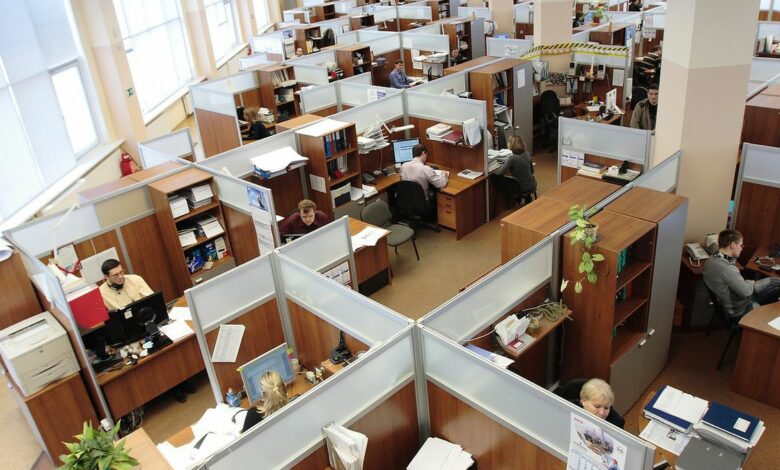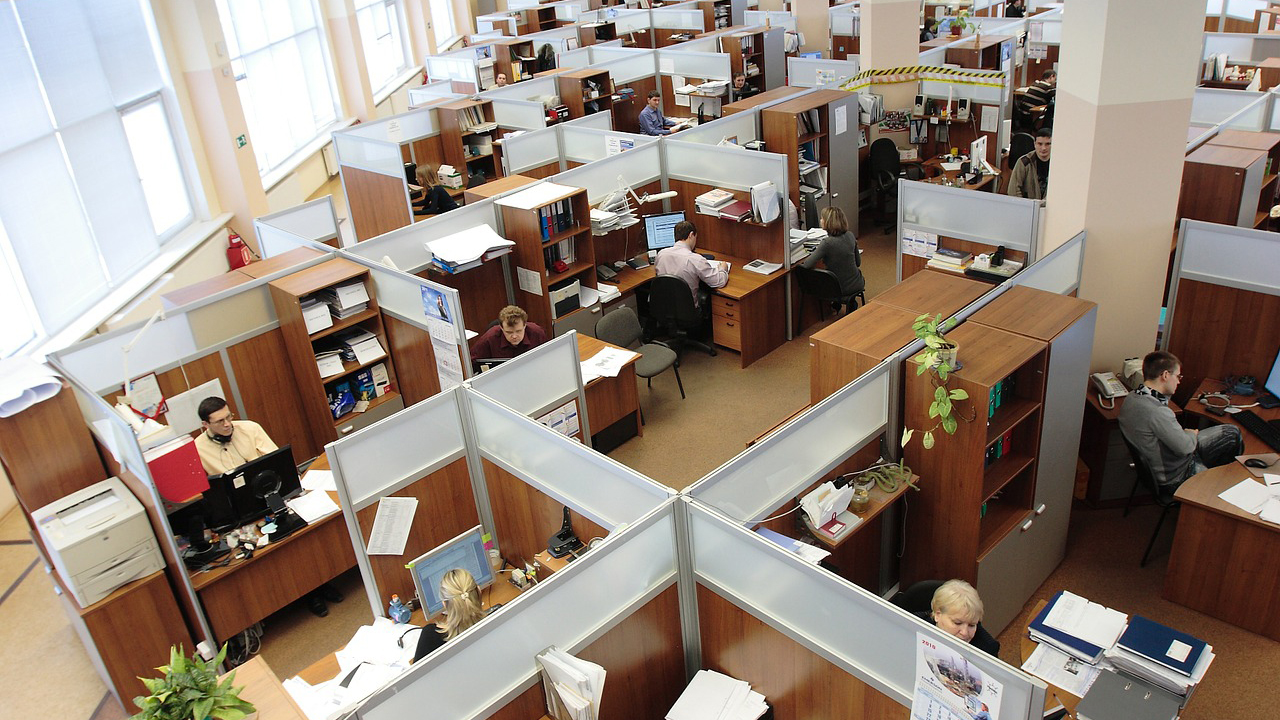Feeling unproductive at work? It could all be your audio – and these are the biggest issues surrounding it


New research shows that noisy offices can have a significant impact on the physical, mental and cognitive health of workers.
A report from Jabra shows that overstimulation is impacting productivity, with a need for quiet workspaces and even calls for wider adoption of hybrid work situations, where employees have more control over their environment.
According to an analysis of 2,000 knowledge workers from four countries, almost three quarters (71%) of UK employees say working in a noisy environment leads to mental fatigue, while three in five (59%) believe noise reduces their passion for their work.
Does a noisy office affect your productivity?
Nine in ten (92%) employees said the ability to concentrate, complete tasks and maintain mental health are equally important in the office, with more than half experiencing stress due to office noise.
In the push for more office work, many companies have implemented a return to the office, citing that this increases productivity and collaboration opportunities when working from home. However, colleagues dispute this and demand more flexibility and control over the home work environment.
Jabra recommends purchasing professional headphones to eliminate unnecessary office noise. This is because half (47%) of employees struggle to stay productive when colleagues are calling without headphones.
In addition, a similar number (49%) of employees who work on the telephone find background noise disruptive while calling.
The research also found that other poor audio experiences, such as poor quality during conference calls, are a major distraction.
Nigel Dunn, VP EMEA North at Jabra, sums it up: “Noise type, intensity and individual sensitivity play a key role in how we function at work, with a huge impact on our mental health and wellbeing, as well as our productivity and performance.”
As work patterns continue to evolve and the balance between remote and in-office working has yet to be achieved, the right tools and technologies will play a vital role in employee satisfaction going forward.




